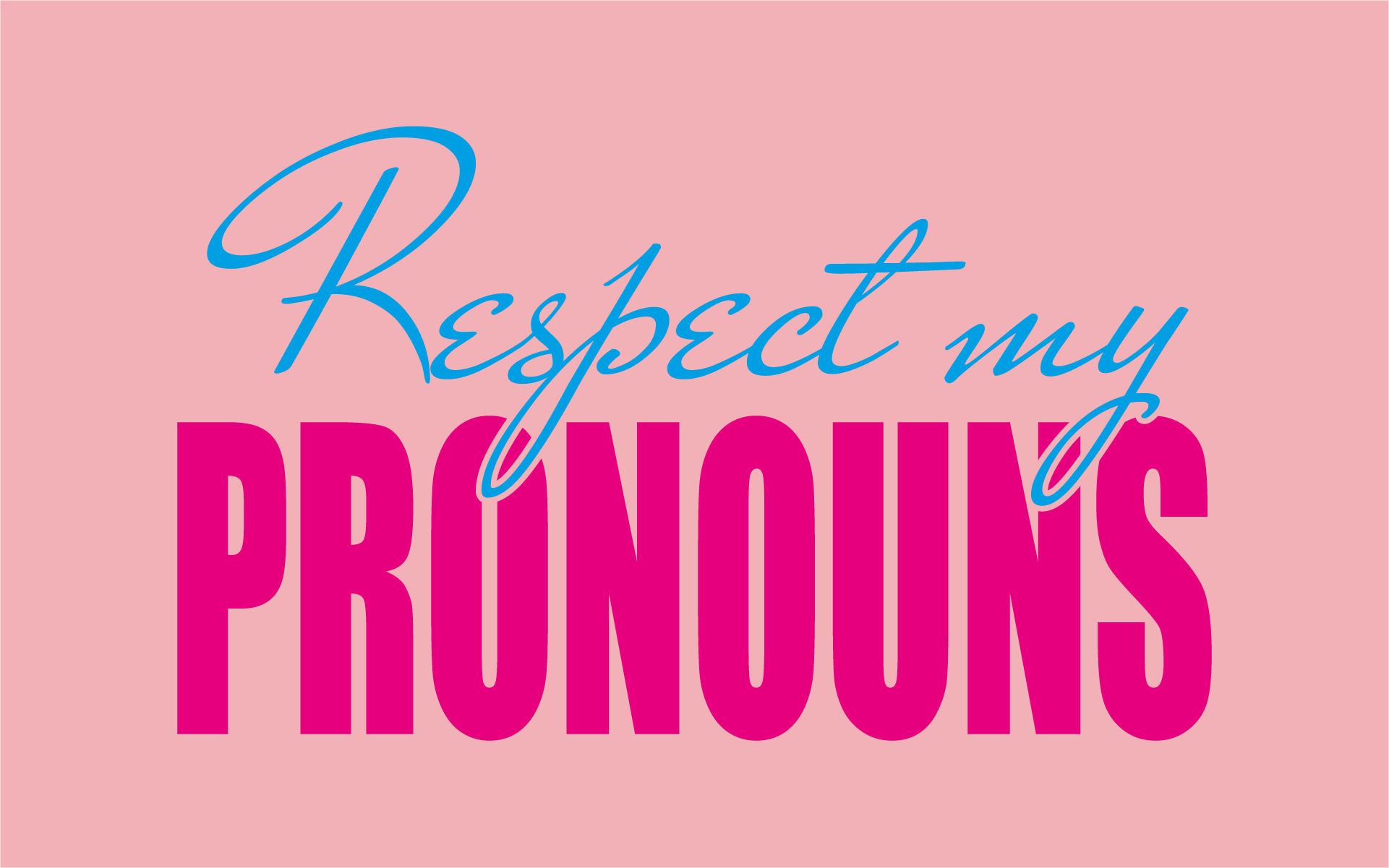It’s not about he, she, they, or them. It’s about respecting choices in a changing world.
“I think our family is transphobic,” said my daughter after a visit from some members of our extended family.
I was shocked. I have always considered my family to be open, unjudgmental, and chilled about difference. My then 14-year-old did not agree.
It had come down to a conversation about pronouns. My daughter had recently made a friend who identified as they/them.
I am close to 50, and while I am intellectually totally behind people choosing their pronouns, decades of language programming means I mess it up all the time. I had been referring to the friend as she/her all week.
My daughter had been patiently correcting me. Not with any anger or judgement, just a gentle linguistic nudge. She simply says “they” or “them” when I get it wrong — similar to how I correct her when she says, “less” instead of “fewer” or “pacific” instead of “specific”.
It’s very strange to get parented by my kiddo in this. But I have a feeling as we both get older it’s an experience I will have to get used to (especially with technology.)
What I like about how she corrects me is that I don’t feel any shame. I sense from her attitude to me that she knows it’s not anything other than habit, and one she and I can break together with a bit of effort and reminding.
I am able to work on getting it right without being defensive. After a few days I started to self-correct. Winner!
I was telling my family this story. More to speak about how impressed I was at my daughter’s ability to help me learn this better way of engaging with her friends and the world, than to discuss the concept or validity of pronouns.
“No man!” said an older family member. “What is this now. I can’t be changing how I speak. ‘They’ is a plural, and it makes no sense. I feel like we are just pandering to the generation that doesn’t know what or who they are. Where will it end up next? I think we need to just call anyone who doesn’t want to be a he or she an it!”
I could feel my kiddo withdraw from the conversation and slowly disappear. First into her phone and then into her room.
When everyone had left, she announced that her new friend wouldn’t be included in any family things because it was clear that we were a transphobic family.
I think that’s when I really got it. For her, working with pronouns was about profound acceptance and respect for other people.
If my family couldn’t do it in this simple way of addressing a person, how could they be trusted with more important and deeper moments of acceptance?
Right then, my family became unsafe for her.
I spoke to my family about it and said they needed to be more aware of the impact of their attitudes on how the teenagers in our lives relate to us.
Not just because it’s the right thing to do, but because it’s highly likely that someone in the younger generation will want to change their pronouns, or date someone who has, and they need to know we will accept and love them and their partners no matter what.
Thankfully my family have started talking about it with more respect. My daughter can see they are trying to shift and that, hopefully, is enough for her to feel like we are a safe space for individual expression, however it looks.
Embracing people’s pronouns isn’t about other people. It’s about us and our relationships.

Leave a Reply